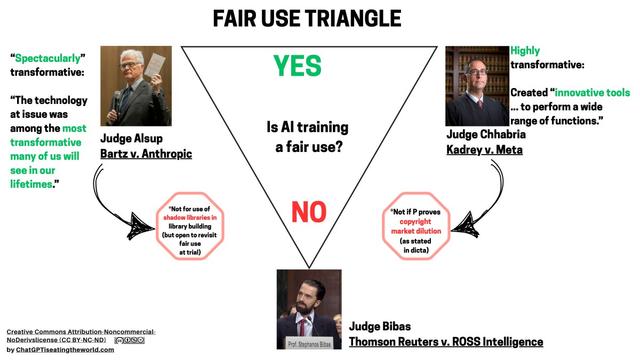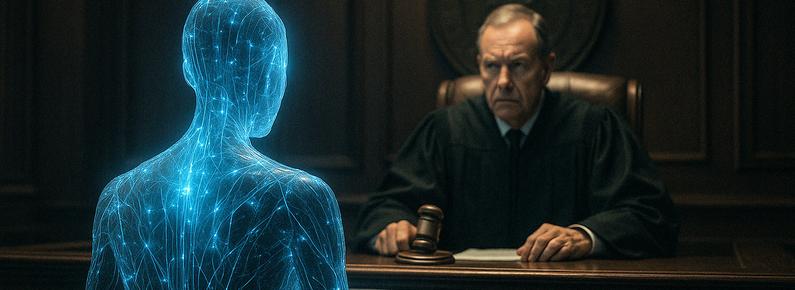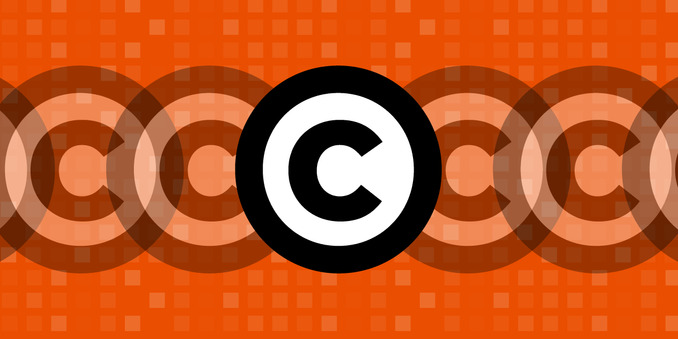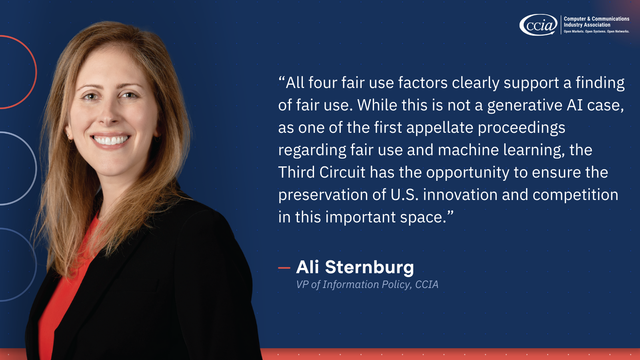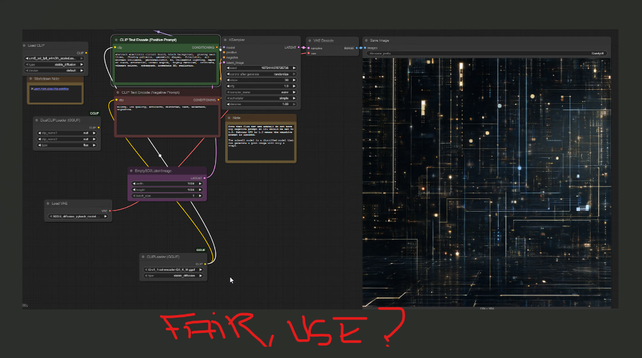"As the first copyright cases concerning AI reach appeals courts, EFF wants to protect important, beneficial uses of this technology—including AI for legal research. That’s why we weighed in on the long-running case of Thomson Reuters v. ROSS Intelligence. This case raises at least two important issues: the use of (possibly) copyrighted material to train a machine learning AI system, and public access to legal texts.
ROSS Intelligence was a legal research startup that built an AI-based tool for locating judges’ written opinions based on natural language queries—a competitor to ubiquitous legal research platforms like Lexis and Thomson Reuters’ Westlaw. To build its tool, ROSS hired another firm to read through thousands of the “West headnotes” that Thomson Reuters adds to the legal decisions it publishes, paraphrasing the individual legal conclusions (what lawyers call “holdings”) that the headnotes identified. ROSS used those paraphrases to train its tool. Importantly, the ROSS tool didn’t output any West headnotes, or even the paraphrases of those headnotes—it simply directed the user to the original judges’ decisions. Still, Thomson sued ROSS for copyright infringement, arguing that using the headnotes without permission was illegal.
Early decisions in the suit were encouraging. EFF wrote about how the court allowed ROSS to bring an antitrust counterclaim against Thomson Reuters, letting them try to prove that Thomson was abusing monopoly power. And the trial judge initially ruled that ROSS’s use of the West headnotes was fair use under copyright law."
https://www.eff.org/deeplinks/2025/09/protecting-access-law-and-beneficial-uses-ai
#AI #GenerativeAI #Copyright #ROSS #ThomsonReuters #FairUse
